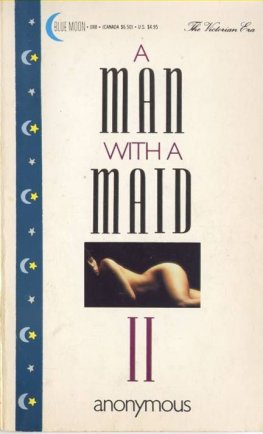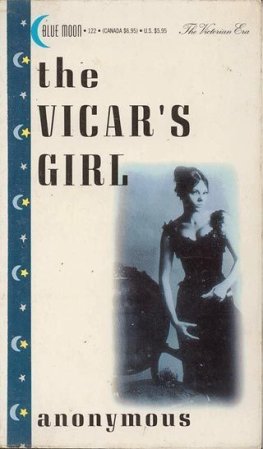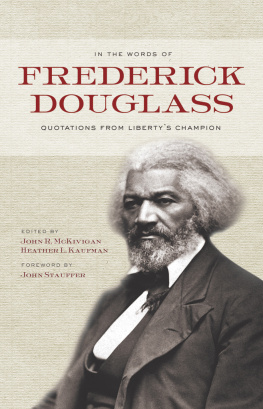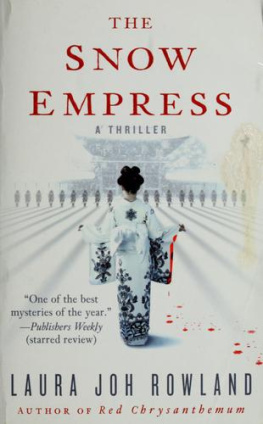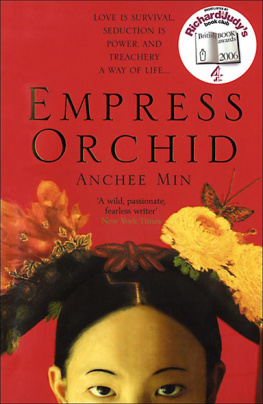PREFACE
MEMOIRS of Royal personages form not the least interesting part of the whole vast field of biography, in spite of the fact that such memoirs differ from the lives of most persons in a private station because of the reticence and discretion which are necessary, especially in regard to affairs of State and political characters. It is often not until a whole generation has passed that it is possible to publish a full biography of a member of a Royal House, and in the meantime the exalted rank of the subject operates both to enhance and to diminish the interest of the memoir.
This is also true in a modified degree of statesmen, of whom full and frank biographies are seldom possible until their political associates and rivals have alike disappeared from the scene. This necessary delay is a test of the subjects greatness, for it has sometimes happened that by the time a full memoir can be published the public interest in the individual has waned.
By heredity, by training, by all the circumstances of their lives, Royal personages form a caste apart; and though their lot may seem to some persons enviable, it is often not realised how great are the sacrifices of happiness and contentment which they are called upon to make as the inevitable consequence of their exalted position.
The Empress Frederick presents an extraordinary example of what this exalted position may bring in the way of both happiness and suffering. Her life has the added interest that, quite apart from her rank, she possessed an intensely vivid and human personality. History furnishes examples of many Royal personages who have been, so to speak, crushed and stunted in their intellectual and spiritual growth by the restraints of their position.
Not so the subject of this memoir. The Empress was a woman of remarkable moral and intellectual qualitiesindeed, it is not difficult to see that, had she been born in a private station, she would have attained certainly distinction, and very possibly eminence, in some branch of art, letters, or science. Her rank, far from crushing and stunting her powers, had the effect of diffusing her intellectual interests over many fields, and perhaps laid her open to the charge of dilettanteism. But such a charge cannot really be maintained in view of the solid constructive work which she achieved, both in the field of philanthropy and in that of the application of art to industry. The exacting mental discipline which she underwent at the hands of her father, though it was in some respects ill-advised as her life turned out, at any rate supplied her with the habit of mental concentration which enabled her to carry out those practical and lasting enterprises with which her name in Germany should ever be associated. Her early training disciplined her eager, natural enthusiasm for all that was good and serviceable to humanity, and directed it especially to the welfare of soldiers and of women and children. She was a doer of the Word and not a hearer only. All through her life one is perhaps most profoundly impressed by her inexhaustible energy; her sense of the tremendous importance and interest of life, of the wonders of knowledge, of the delights of art and literature, and of all that there is to do and to feel and to think in the short years that are given us on earth.
One of the greatest dangers to which Royal personages are exposed by the circumstances of their position is that of falling into an attitude of gentle cynicism. Naturally they are often brought into contact with the seamy side of human nature, while at the same time they are not perhaps so well acquainted with its better side, as are persons of less exalted rank. That the cleverer among them should take up an attitude of humorous toleration of the whole human comedy is consequently very natural.
It is no small testimony to the Empress Fredericks moral greatness that, though she had experiences in plenty of the bad side of human nature, she was never tempted to relapse into such an attitude. No one was ever less of a cynic. She was full of intense passionate enthusiasms and of a profound sympathy for the unfortunate, and the disinherited of the earth. In her warm heart there was no room for hatred or for contempt of others, and she was equally incapable of shrugging her shoulders at the foibles and follies of poor humanity.
This eagerness to be up and doing was, however, combined, as has been often seen in the history of mankind, with a touching faith in the power of logic and reason. It was not exactly that the Empress held too high an opinion of human nature, but she undoubtedly showed too little appreciation of human stupidity and, we must add, of human malice. She had been brought up with kindly, honourable, well-bred, and, on the whole, very intelligent people, and when she came into rough collision with less agreeable qualities of human nature, she suffered intensely. But she was not soured as a less noble nature might have been; on the contrary, she continued to the end of her life always to believe the best of people, always to assume that they are actuated by good motives, as well as by reason and common-sense. She seems to have missed the key to the oddities and the vagaries, as well as to the baser qualities of human nature, and therein lies, perhaps, the secret of the tragedy of her life.
That tragedy, as we know, was greatly enhanced by the singular blows of fate. Her rank had, strangely enough, given her a marriage of love and affection more real and more lasting than often falls to the lot of private persons. But the husband whom she adored, as well as two idolized children, were taken from her.
It was her fate also to be constantly misunderstood; to see the purity of her motives doubted and her most innocent actions misconstrued. Owing partly to the circumstances of her time, partly to her own generous and warm-hearted but imprudent impulsiveness, she failed to win the affection of her adopted country as a whole, though she certainly earned its respect and esteem. This was not the least bitter trial of her life, for she was one of those natures who have a craving for affection and understanding sympathy; and the criticism and even the hostility with which she was regarded in Germany were all the more painful to her in that she could not in the least understand on what they were based.
Perhaps she was too deeply convinced of the superiority of England and of English institutions, and made too little allowance for the sensitiveness of a people who were then slowly emerging into a national in place of a particularist consciousness. At the same time it is certain that, however she had comported herself, she could not have escaped criticism of which she was no more than the ostensible object, and the real purpose of which is to be found in the political cross-currents of the period.
In this memoir the attempt is made to draw a true picture of this singularly engaging and generous personality, who played her part in great affairs, and who suffered all reversals of fortune, the anguish of bereavement, and the pain of cruel disease, alike with unflinching courage and dignity.





